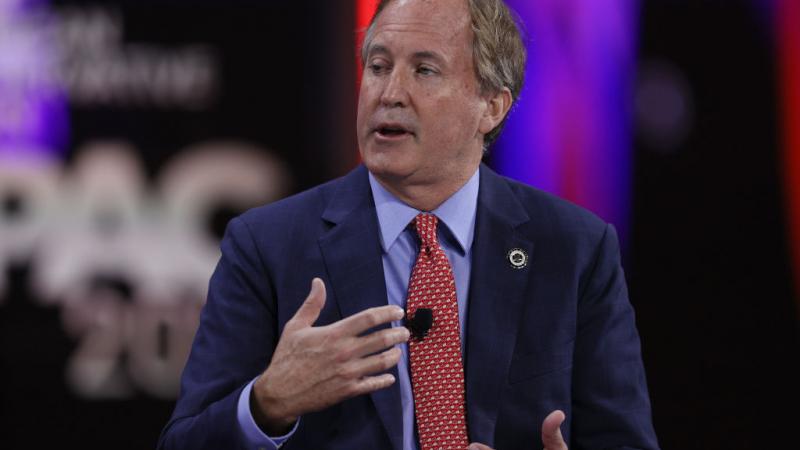Ohio lawmakers again push for parental consent for apps
A new bill introduced in the Ohio Senate would force social media companies to verify a user’s age and get parental consent before someone less than 16 could download an app.
Children and teens who want to add social media apps to their phones, tablets and computers could soon be forced to get their parents' permission first.
A new bill introduced in the Ohio Senate would force social media companies to verify a user’s age and get parental consent before someone less than 16 could download an app.
"For too long, we've placed the burden on parents to somehow monitor their children's activities across a complex digital landscape while expecting each app developer to have their own verification system," said Sen. Michelle Reynolds, R-Canal Winchester. "This bill represents a better path forward – one that recognizes the central role app stores can play in empowering parents while ensuring minors have age-appropriate online experiences."
Senate Bill 167 outlines three key provisions for app stores, including verifying a user’s age at the device or operating system level.
It also requires app stores to get parental consent before someone under 16 can download an app and share appropriate age information with developers so teens are put in age-appropriate versions of apps.
Rep. Melanie Miller, R-Ashland, plans a companion bill in the House.
Utah recently passed similar legislation, and eight states are debating the same measures.
It’s the second time around for Ohio lawmakers to try to give parents more control over their children’s social media and internet usage.
In January 2024, a law that required social media operators and sites that sell things or provide a service to children to get parental consent before establishing accounts for children under 16 was supposed to take effect.
NetChoice, a trade group representing apps like Facebook, Instagram and TikTok, sued to stop the law and won an injunction that continues to stand as court battles are ongoing.
Chief U.S. District Judge for the Southern District of Ohio Algenon Marbley said in the ruling establishing the injunction that the law would bring financial harm to social media companies for compliance, noting those companies would face significant costs.
He also said the law’s language invited lawsuits by being “capacious and subjective.”














